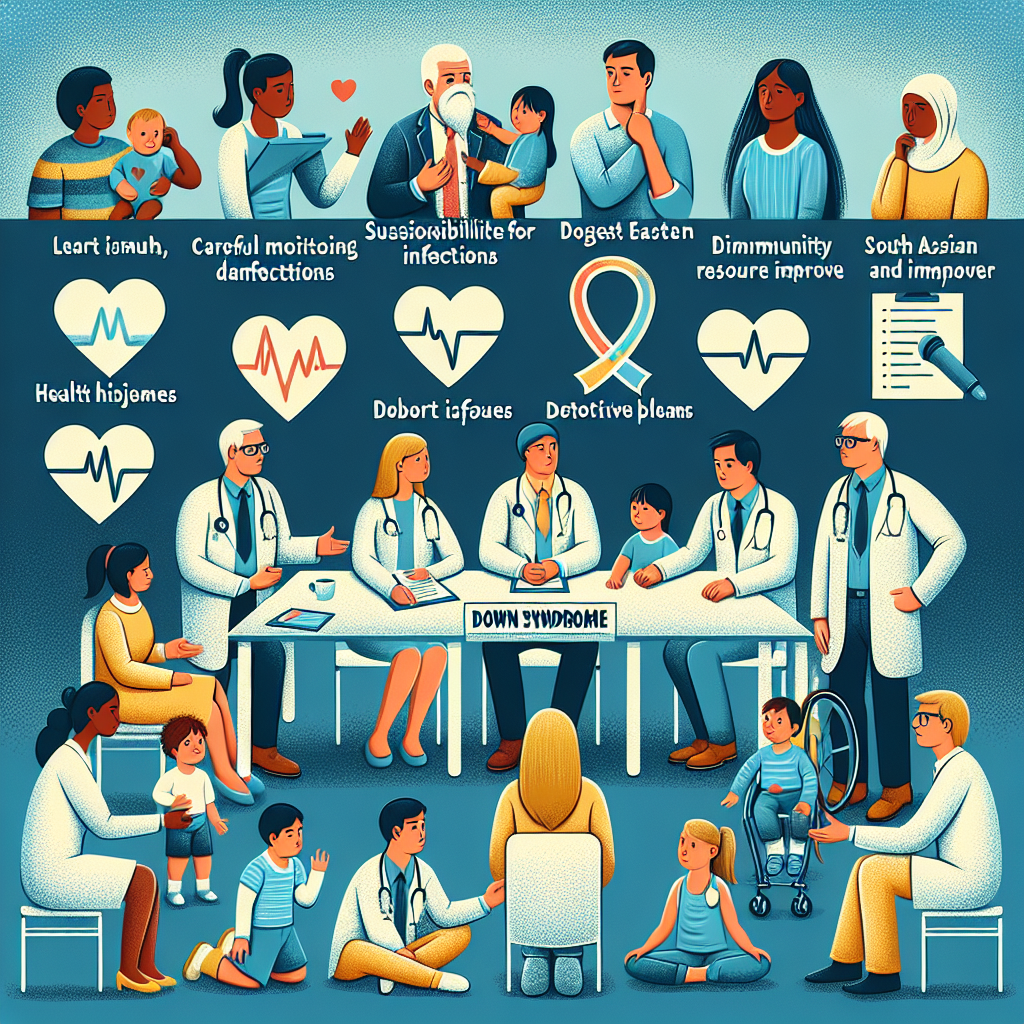Child Development: A Complete Guide to the Essential Stages
Introduction
Childhood is a journey full of stages and challenges, but it can be even more complicated when a child is diagnosed with Down Syndrome. This guide is intended for parents and caregivers who seek to better understand what this diagnosis entails and how they can support their child's development despite the risks associated with this condition.
Definition of Down syndrome
Down syndrome is a genetic abnormality that occurs when a person has an extra copy of chromosome 21. This condition is known for its variable impact on a child's physical, cognitive and emotional development. It is important to note that each individual with Down syndrome is unique and will have their own strengths and challenges. It is essential that parents are well informed and prepared to navigate these stages.
Health Risks Associated with Down Syndrome
Children with Down syndrome are susceptible to a variety of health problems, including congenital heart defects, immune system dysfunction, and nutritional difficulties. Other risks include hearing and vision problems, orthopedic problems, and delays in language and fine motor development. It is essential that parents work closely with doctors to monitor and treat these problems early.
Cognitive Development and Education
Children with Down syndrome may experience challenges in learning and cognitive development. However, with the right support and early intervention, significant progress can be made. Special education programs and behavioral therapies are essential to helping children reach their potential. It's important to set realistic expectations and celebrate every success, no matter how big.
Social and Emotional Development
Parents must be aware of the importance of their child's social and emotional development. Children with Down syndrome may have difficulty forming relationships and understanding social norms. Social development programs and peer support are valuable tools that encourage integration and interaction. Recognizing and managing their own emotions is also a key aspect in their emotional development.
Tips for Parents and Carers
Being the parent of a child with Down syndrome can often be a challenging but also rewarding experience. Creating a supportive home environment, encouraging independence and promoting healthy living is vital. Following a basic grooming routine and regular health checks helps minimize health risks. Parents and caregivers should also continue to educate themselves and attend support groups to share experiences and get advice.
Impact on the Family
A diagnosis of Down syndrome can have a profound impact on family dynamics. While parents may feel overwhelmed or anxious, maintaining open communication and mutual support within the family is crucial. Siblings can also benefit from support and understanding to help them adjust and engage in the care and support of their sibling.
Conclusion
Down syndrome is a journey full of challenges and achievements that requires dedication and love. With the right information and support, parents can navigate the critical stages of their children's development, giving them the opportunity to live a fulfilling life. We hope this guide has been a valuable source of information and we encourage you to visit our resources section or subscribe to our newsletter for more tips and support.














































































































































